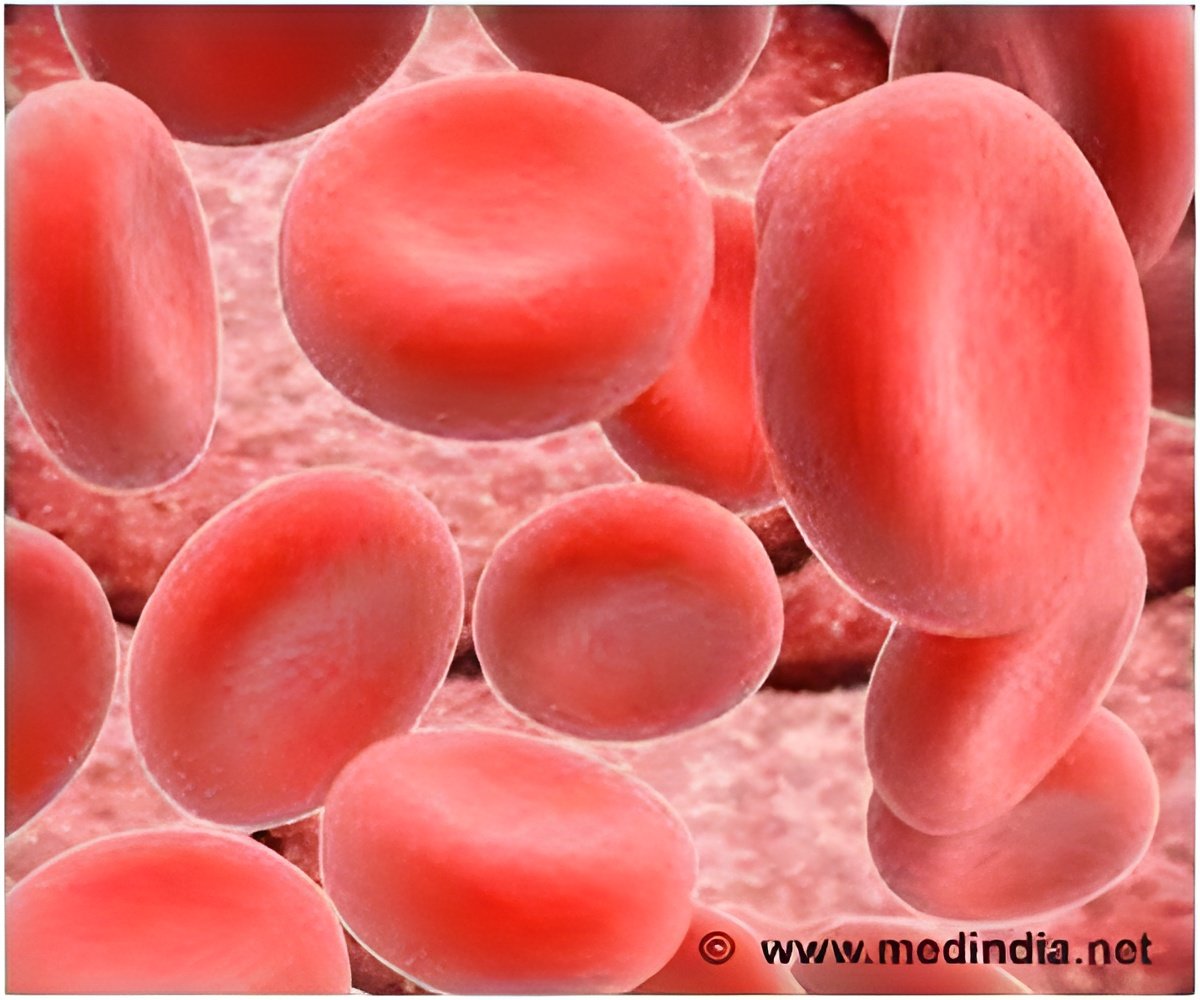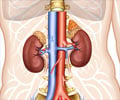Researchers at Dartmouth have identified a previously unknown though vital role played by protein cyclin A in the cell division process.

In their study, Dartmouth researchers Lilian Kabeche, PhD, and Duane Compton, PhD, show that microtubule attachments at kinetochores are very unstable in early phases of division. The unstable attachments promote the correction of errors by causing a constant detachment, realignment and reattachment of microtubules from kinetochores in the cells as they try to find the correct attachment. Their study found that the protein cyclin A governs this process by keeping the process going until the errors are eliminated.
"An analogy for this process could be dating," said Compton, Senior Associate Dean for Research and professor of biochemistry at Dartmouth's Geisel School of Medicine. "The chromosomes are testing the microtubules for compatibility—that is, looking for the right match—to make sure there are correct attachments and no errors. The old view of this process held that chromosomes and microtubules pair up individually to find the correct attachment, like conventional dating. However, our results show that the system is more like speed dating. All the chromosomes have to try many connections with microtubules in a short amount of time. Then they all make their final choices at the same time. Cyclin A acts like a timekeeper or referee to make sure no one makes bad connections prematurely."
In normal cells, persistent cyclin A expression prevents the stabilization of microtubules bound to kinetochores even in cells with aligned chromosomes. As levels of cyclin A decline, microtubule attachments become stable, allowing the chromosomes to be divided correctly as cell division proceeds. In contrast, in cyclin A-deficient cells, microtubule attachments are prematurely stabilized. Consequently, these cells may fail to correct errors, leading to higher rates of chromosome mis-segregation.
"Many cancer cells continuously mis-segregate their chromosomes," says Kabeche. "The major cause is improper kinetochore–microtubule attachments. Therefore, understanding how kinetochore–microtubule attachments are regulated throughout cell division is important, not only for furthering our understanding of cell division, but also for allowing us to correct these problems in cancer cells."
 MEDINDIA
MEDINDIA




 Email
Email







